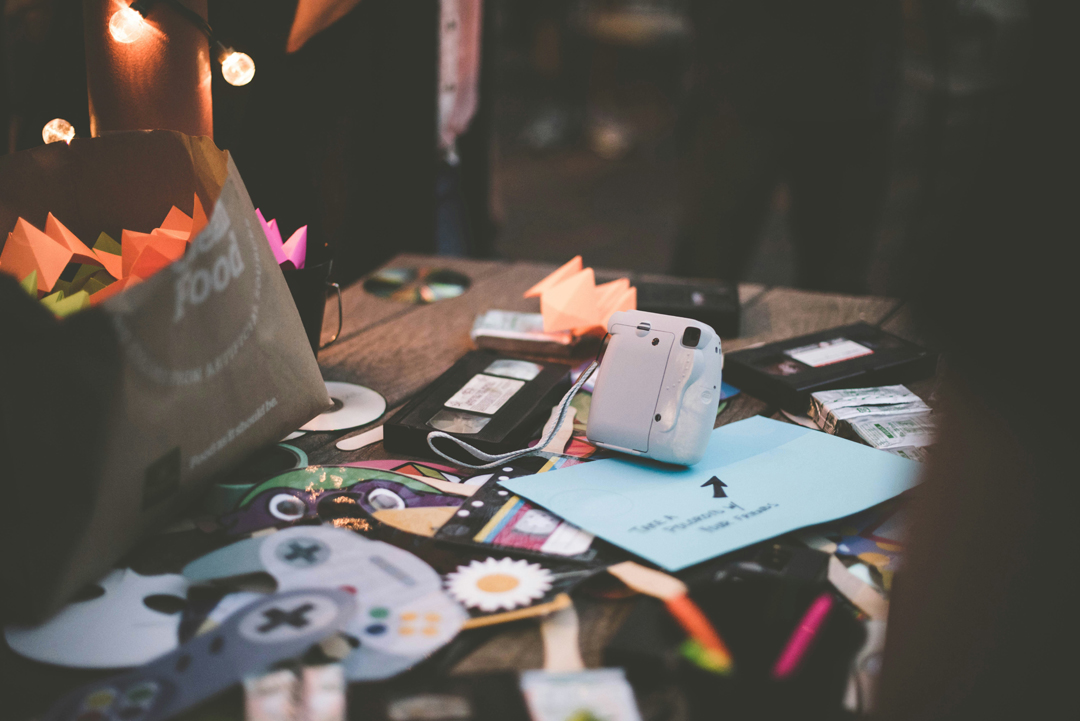Clutter Invites More Clutter, Which Triggers More Anxiety.

A client recently shared her daily struggle with anxiety. While she’s managing many aspects of life quite well, one silent saboteur keeps sneaking in: clutter. Her home, once a haven, now feels overwhelming. And here’s the kicker-she’s not alone. Many are frustrated not just by their emotional stressors but also by their clutter. And it turns out, clutter isn’t just a byproduct of stress-it’s a contributor.
You know the scene. One sock on the floor. One plate in the sink. A pile of unopened mail staring you down like it knows your secrets. Harmless, right? Not quite. Research shows that even a small amount of disorder can trigger a chain reaction-both physically and emotionally.
The Research Shows You Become A Victim Of Clutter
Let’s start with the Broken Windows Theory, made famous by social scientists James Q. Wilson and George L. Kelling. Initially used to explain rising crime in urban environments, it reveals a universal psychological truth: visible signs of disorder encourage more disorder. When a window is broken and not fixed, it signals that no one cares. Graffiti begets more graffiti. Trash invites more trash. You get the picture.
Now take that theory into your living room. One dirty dish left out tells the brain, “Ah, the rules don’t apply here.” And your spouse thinks, “I’ll leave mine too.” Your child sees the shoe pile and adds their sneakers. Before long, the coffee table is a museum of cups, magazines, and abandoned Lego structures. The environment subtly tells everyone: this is a no-rules zone. (Remember: This is not a conscious thought, but rather an automatic and environmentally driven unconscious response.)
Want more proof? In a clever 2009 study, Dutch researchers placed flyers on bicycles in two settings. In the first, the alley was clean. In the second, the alley was covered in graffiti and litter. When the environment was clean, only 33% of people littered. But in the cluttered setting? Over 69% tossed the flyer on the ground. That’s more than double the messiness, driven purely by environmental cues.
Makes Sense, Right! But How Does Clutter Affect Anxiety?
Our brains are quietly picking up on the same cues inside our homes. And this matters—especially for those with anxiety. In fact, a 2010 study from UCLA found that mothers living in cluttered homes had significantly higher cortisol levels. The visual chaos wasn’t just an eyesore; it was a stressor. Add to that additional findings which show that clutter competes for attention and limits our ability to focus, and you have a recipe for cognitive overload. No wonder you feel frazzled before noon.
Now add a couple of kids to the mix, and you can see how this clutter and disorder can contribute not only to your anxiety, but to the anxiety your children may experience.
One sock, it seems, is never just a sock. It’s a slippery slope to overwhelm. That clutter not only invites more clutter-it feeds our sense of helplessness and fuels the emotional spiral that many already struggle to control.
But there’s hope. Because the opposite is also true: clean, organized spaces promote more cleanliness and order. Our brains love visual harmony. A tidy room whispers, “Respect me.’ People are more likely to pick up after themselves in clean environments. They make better decisions, feel calmer, and are less anxious. This isn’t theory. This is science. Now, to a few helpful tips.
Five Tips to Tame the Clutter Spiral:
1. Pretend Your Mother-In-Law is Always 15 Minutes Away
Nothing boosts motivation like the imminent arrival of someone judgy. Ask yourself: would I panic if she dropped by? If yes, tidy up. Don’t obsess, stay on top of it.
2. Ten Minutes of Chaos Control
Set a timer. Go wild. Pick up anything and everything out of place. You’ll be amazed at what you can fix in ten focused minutes. It’s like cardio for your dignity. And, take away all the electronics for 10″ and have the kids join in the party.
3. The One-Minute Rule (LOVE this one)
If it takes under a minute, do it now. Hang the coat. Rinse the mug. Shred the junk mail. These tiny moments add up to big wins.
4. Clutter Baskets for the Win
Give every family member a basket. If they leave stuff out, it goes in the basket. Want it back? Well, put it where it belongs… along with everything else in the basket.
5. Celebrate the Small Wins
Light a candle. Put on a happy playlist. Do a ridiculous dance. Make cleanliness feel good, and your brain will beg for more. Most importantly, simply notice clean space feels, and let that soak in so you appreciate your efforts.
Let’s be clear: you don’t need a perfect home. But an uncluttered home? That’s something your mind—and your nervous system-will thank you for.
At Capital District Neurofeedback, we work with individuals struggling with anxiety, ADHD, and other mood-related challenges. Neurofeedback is a powerful, non-invasive approach that helps the brain rewire its response to stress-often reducing symptoms without medication. Many clients, including the one I mentioned earlier, find that once the clutter clears and the brain calms, life gets easier.




